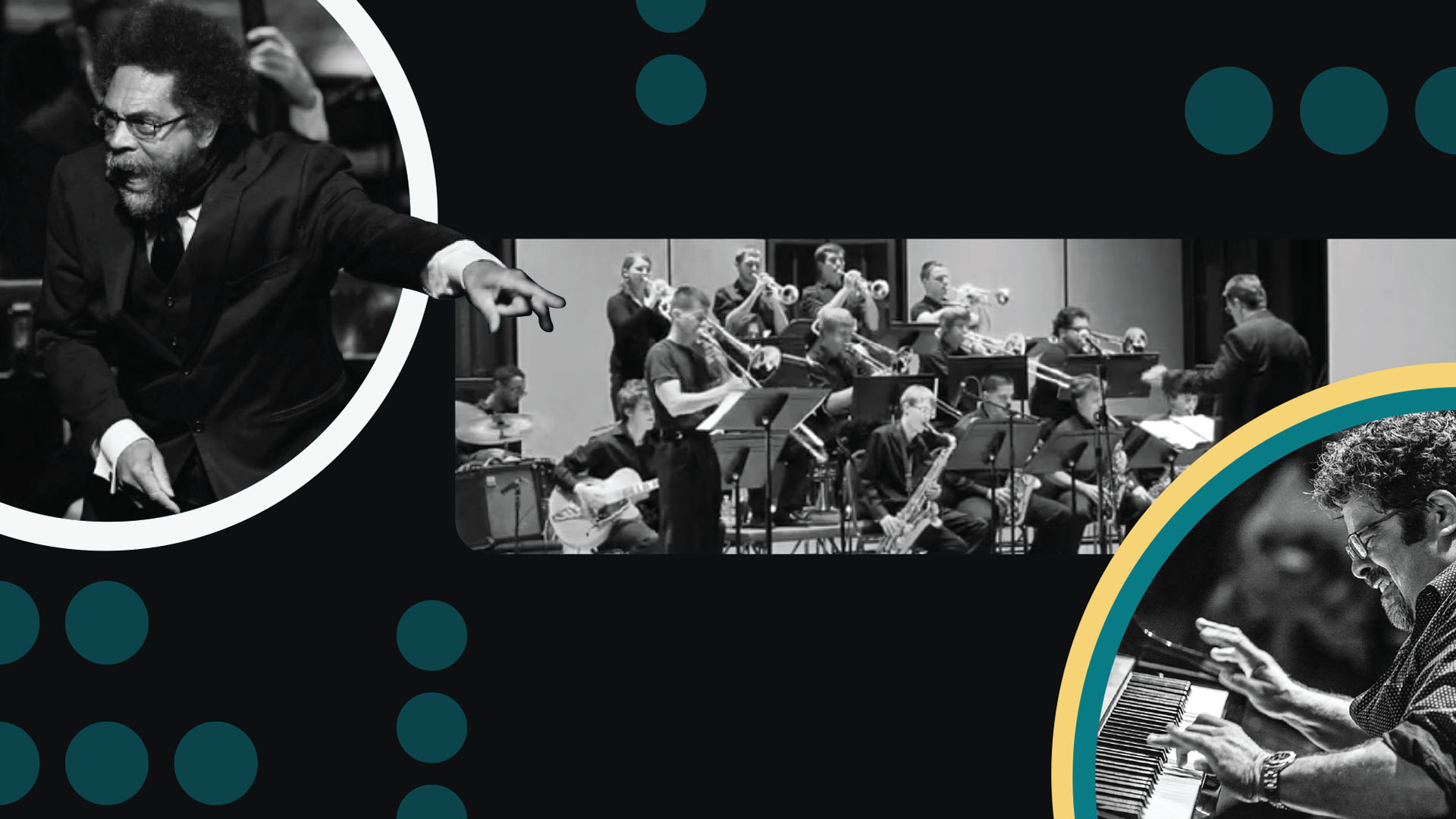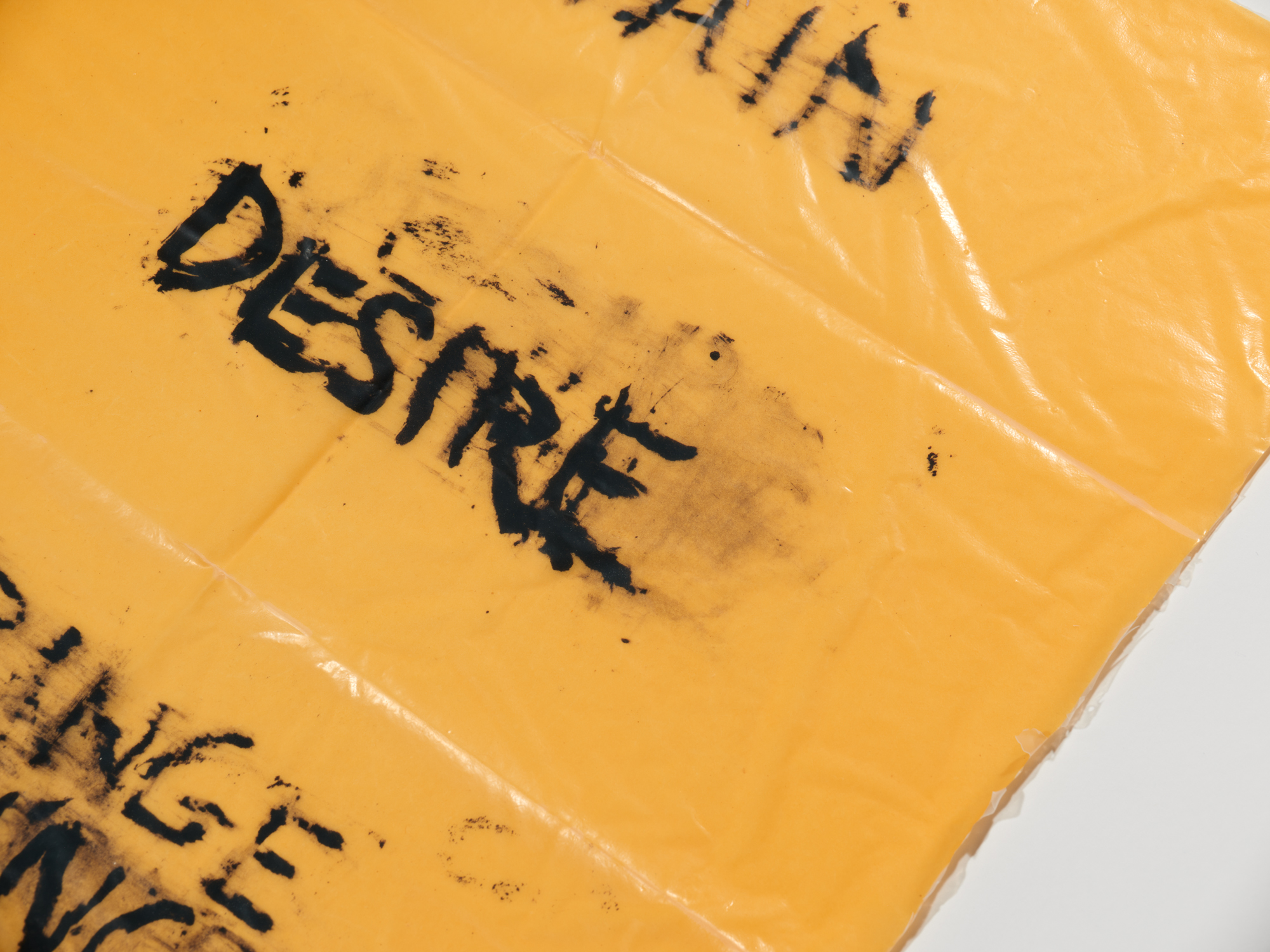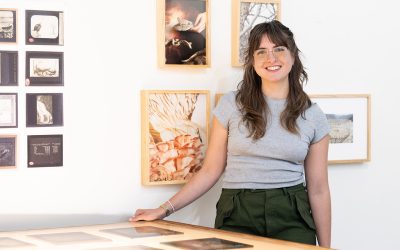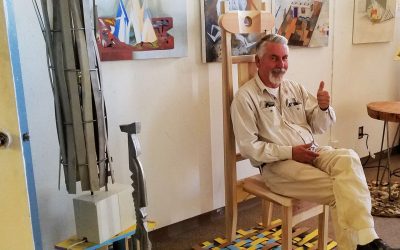
UNM Chicana and Chicano Studies hosts Arturo O’Farrill with Cornel West in concert March 26
The University of New Mexico’s Chicana and Chicano Studies (CCS) department hosts Grammy award-winner Arturo O’Farrill and renowned scholar, philosopher, and poet, Cornel West. They will perform their latest recording, “Four Questions” (ZOHO Music), on Tuesday, March 26, at 7:30 p.m. in Keller Hall. O’Farrill and West will be joined by the UNM Jazz Band 1.
This event is part of the CCS Radical Harmonies series, in which CCS will feature six notable public intellectuals and academics. Each event will pair a presenter with an artist, who “embodies a radical re-imagination of public space and academic freedom through lyrics and song,” explained Irene Vasquez, director and associate professor of UNM Chicano and Chicana Studies.
“The aim of this multi-vocal public engagement is to explore why and how scholars participate in narrative analysis and musical production to promote interest in diverse humanities at colleges and universities,” said Vasquez. “We also intend to understand how communities of color have creatively responded and adapted to dynamics of oppression and resistance through the humanities.”
The CCS offers courses in the Humanities and Arts that focus on diverse musical and cultural texts as part of the rich history of Chicanx and Latinx communities in the U.S.
“Music, as an intellectual expression and creative output, often carries radical lyrical and rhythmic intonations that challenge social boundaries and barriers, capturing aspirations for social freedoms among diverse communities,” said Vasquez.
The Radical Harmonies series brings together historians, philosophers, ethnomusicologists, and ethnic studies scholars with singers, songwriters, and musicians, with the aim to highlight the possibilities of emancipatory humanities narratives and content. The public programs will be recorded and digitally archived for wider public dissemination and classroom use. It offers spaces for exploration, dialogue, and the convergence of thought and action.
According to Vasquez, this series invites community participation in discussing the value of Ethnic Studies and Chicanx and Latinx Studies. “The dialogue between the scholar and the performer is intended to illustrate the collective contexts of diverse histories tied to efforts for justice and dignity,” she said.
“Four Questions” contains empowering messages that highlight worldwide injustices, inspired by the questions posed by African American civil rights activist and author, W.E.B. Du Bois in his 1903 book “The Souls of Black Fire.”
The four questions that reflect the essential themes from Du Bois’ seminal publication are as follows:
- What Does Integrity Do In The Face of Adversity/Oppression?
- What Does Honesty Do In The Face of Lies/Deception?
- What Does Decency Do In The Face of Insult?
- How Does Virtue Meet Brute Force?
West serves as a guest soloist, conductor, and percussionist, while O’Farrill’s piece is shaped by West’s 2014 Town Hall speech based on his book, “Black Prophetic Fire.” Renowned scholar and philosopher-poet, Cornel West, embarked on his musical journey to highlight the voices and experiences of People of Color through radical poetry and harmonies while at Harvard.
O’Farrill and West joined forces and used the power of the Afro Latin Jazz Orchestra to critique the state of the country through the works of “Four Questions.” O’Farrill aims to pay tribute to Coltrane, Holiday, Mingus, and The Art Ensemble of Chicago and “highlight the real issues of modern society through jazz music.”
Their presentation of Du Bois’ introspections through jazz provides catharsis for those experiencing hatred and physical and ideological violence. This event complements the Radical Harmonies series, which underscores the possibilities of emancipatory humanities narratives and content, Vasquez assured.
The event is sponsored by the Mellon Foundation, CCS, and the UNM Music Department.
MFA Alum Emma Ressel Awarded Postdoctoral Fellowship at Center for Regional Studies
Emma Ressel is an artist working with large format film photography, re-photography, and archives. Her current work researches natural history collections to examine how we describe nature to ourselves over vast timescales. Ressel earned her BA in Photography at Bard...
Celebrating the Retirement of Artist and Educator Randall Wilson
His practice merges the historical methods of carving green wood with embossed patterning inspired by traditional leather and tinwork of the Southwest. Randall’s sculptures are shaped not only by his hand, but also by time. Each piece is left to respond naturally to...
Confidence in Abstraction: Brandon Zech’s review of Raychael Stine’s “Falls and Springs and Stardust Things”
Brandon Zech of Glasstire: Texas Visual Art recently reviewed Professor of Painting and Drawing Raychael Stine’s exhibition, “Falls and Springs and Stardust Things,” in his piece “Chimerical Colors.” Zech writes, “Raychel Stine’s paintings are full of pleasurable...




